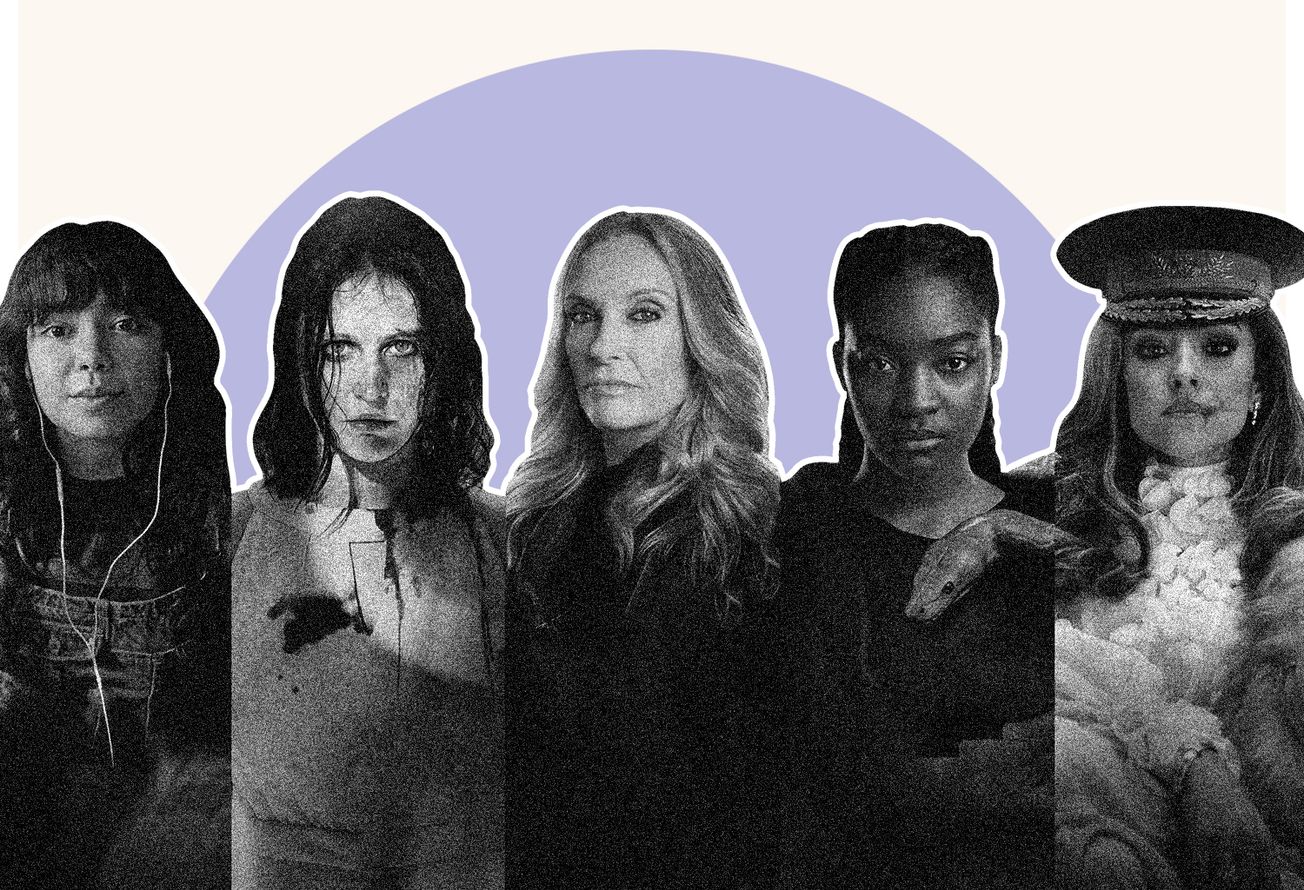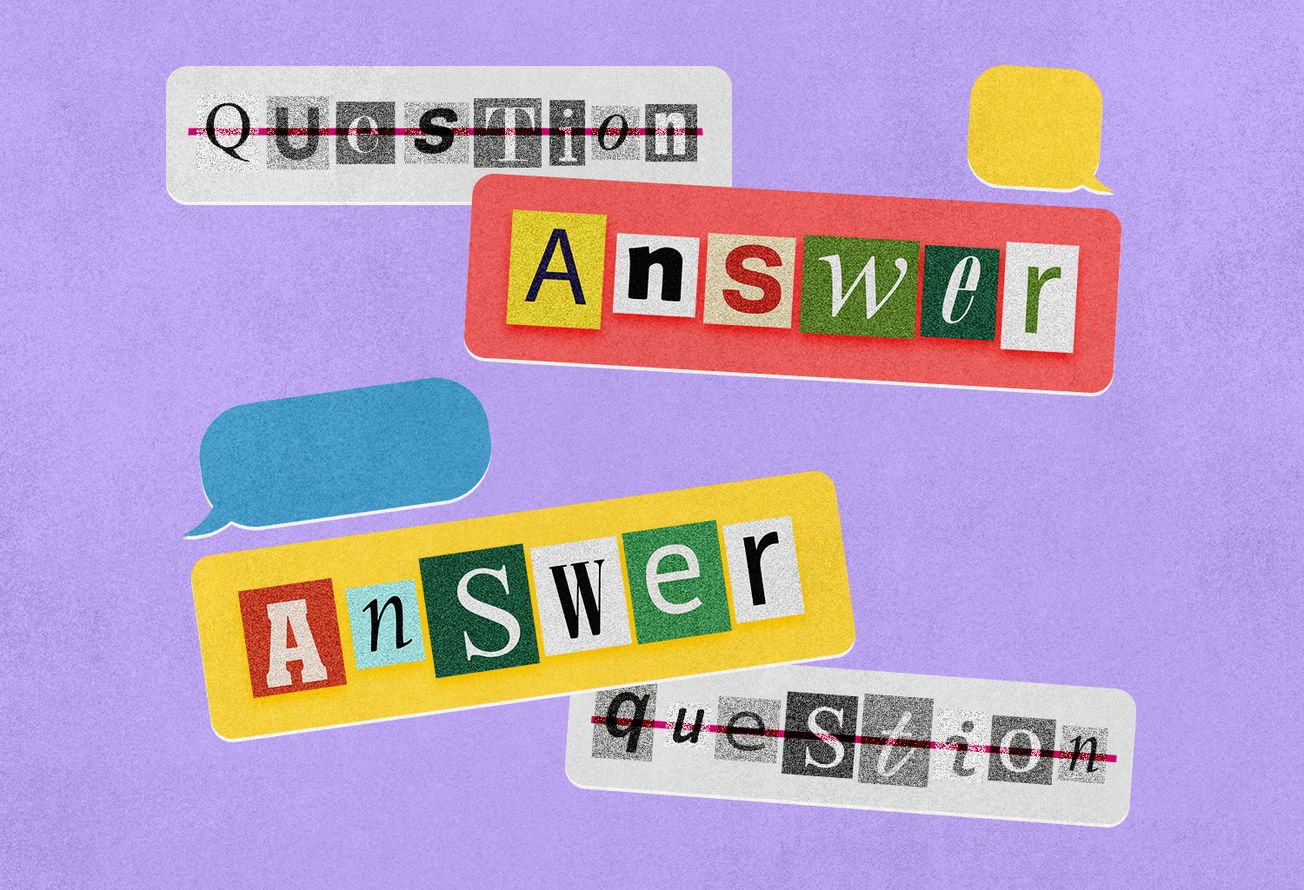Physical strength is the key to world domination—this is the premise of Amazon Prime’s The Power. Adapted from Naomi Alderman’s book published in 2016, it is a dystopia in which teenage girls* develop the ability to release electricity from their hands. The show’s producers, directors, writers, and developers, one of whom is Alderman, are all women*.
As far as storytelling goes, women's reclamation is all the rage. Bridgerton, House of the Dragon. Sansa and Arya Stark’s character arcs in Game of Thrones. The Handmaid’s Tale, Alias Grace, basically all Margaret Atwood stories (Fun Fact #1: Alderman wrote The Power at a program in which she was mentored by Atwood).
In The Power, a girl’s foster father rapes her. Another woman’s mother is murdered. Both now wield the power to sizzle to death anyone who tries to exploit them. A woman rising from the ashes holds allure because she was wronged. Here, the show gets it right. When the first sparks fly out of the fingertips of teenage girls, it’s seen as a form of play. The ability appears non-threatening until a viral YouTube video exposes the harm the power can do to another human being. The moment captured in the video depicts the rage and confusion of the woman who generates the electricity. As her jolts scar another woman’s face, the power is recognised as a threat. This see-saw of emotions—confusion coupled with empowerment—paves the way for leaders across the world to comment on the phenomenon. Terror starts gripping the world as more and more girls and women acquire this ability, and traditional power dynamics are deeply threatened.
However, in the real world, patriarchy asserts itself not just through physical power but pervasive systems of oppression. Statistically speaking, men may be physically stronger, but there are many exceptions. Even then, patriarchal oppression through sheer strength is only one aspect of domination. Power, in this adaptation, takes a purely physical form. In this newfound matriarchy, there are radical proponents on both extremes of the spectrum—one side proposes vengeance and full autonomy, an it’s-about-time attitude; the other operates with caution, advocating the power as an opportunity to rebuild a different, better world.
The show draws us into a reductive narrative, a somewhat macho interpretation of power as physical prowess. We have to remind ourselves that feminists see power as arising from collective action and mutual support. The historian Hannah Arendt claimed power is the opposite of violence. In an interview with Susan Brison, the feminist Simone de Beauvoir once said, “[T]he point is not for women simply to take power out of men’s hands, since that wouldn’t change anything about the world. It’s a question precisely of destroying the notion of power.”
In The Power, girls and women desire a better life for themselves, believing this new power will help them get it. They will do anything to get what they want, and now that they have the upper hand, this desperation, more often than not, leads to questionable choices.
One of my favourite characters is Toni Collette as Mayor Margot Cleary-Lopez. When a fellow male politician tells her, “don’t get your panties up in a bunch,” her supportive husband offers her a ceramic duck to deal with her rage. She smashes it. It is a powerful moment because usually, women are discouraged from expressing rage. (Fun Fact #2: There’s a space for smashing things that exists in our world. It’s called a Rage Room. In Gurgaon you pay two hundred rupees for two minutes of non-judgemental breaking time.)
Setting aside ethical concerns, it's difficult not to feel exhilaration at the prospect of girls and women no longer being susceptible to humiliation and violence. What must it feel like not to be dominated but to dominate? In the book, Mayor Margot senses the power “sloshing across her collarbone” and feels a sense of constant ease “as if it’s high summer all the time inside her.”
The show’s portrayal of friendships between girls and women deserves mention. The mayor’s daughter and her friend place their palms on a lamp post, promptly causing the street light, and eventually the neighbourhood around them, to short circuit. This open-palmed power is symbolically opposed to the fist, the typical icon of feminist revolution. For this allegory, we must give credit to Alderman.
A poignant scene is set at a protest in Saudi Arabia, where women are banned from using electrical jolts. Here, burkha-clad women march into the street. “See us!” they chant. “Hear us!” The scene evokes a feminist Arab Spring, with one disturbing feature: it is a violent protest. Policemen are sizzled to death. A cluster of women cackles around the victim. The approach—depicting women as sadists—seems disturbing as it bolsters the sexist notion that women are already seen as incapable of wielding power or authority of any kind. These women cause hurt because they can.
There’s only one male protagonist in the show, Tunde, a Nigerian journalist. He is the creator of the viral YouTube video—a story he appropriates from a woman friend who had originally wanted to pursue a lead. Tunde appears to be sensitive in his documentation of this power and seems to believe it can change the world—Mayor Lopez goes so far as to call him an ally. He continues to operate from a space of male entitlement, assuming he’ll be safe. Tunde’s situation makes it clear that his decision to trust women with the power was wrong, which is reminiscent of the misogynistic belief that women cannot be trusted and will always victimise men. He ends up almost getting raped. The women, now the predators, would claim he “asked for it,” by being in spaces where he shouldn’t be.
The character called Eve, who electrocutes her abusive foster father, justifies the murder with a similar he-deserved-it narrative. As Beauvoir claims, the notion of power is problematic, not the holders of it. Nevertheless, it is a stretch to assume that women become steeped in the culture of violence simply because they can electrocute others.
Those who have read The Power know that certain, and eventually most women in the book, attempt vengeance against patriarchy, forming a system just as exploitative, corrupt, and violent. Women are not better at being humans because they’ve suffered. If anything, they are angrier and hence ingenuous in their cruelty.
The Power poses a novel question: What would happen if women could use their bodies as weapons? It is unclear whether the dystopia is a feminist cautionary tale against unchecked physical power or projects the misogynist anxiety of a future in which women hold power.
The first season moves rather quickly and has too many protagonists. But there is potential for future seasons to draw out more nuances. The Power is certainly an optional watch for those who have already read the book.
*All mentions of "girls" and "women" in this article refer to individuals who were assigned female at birth and/or identify as such.






